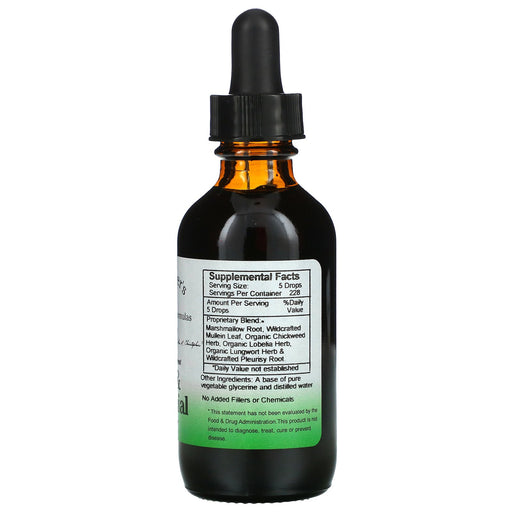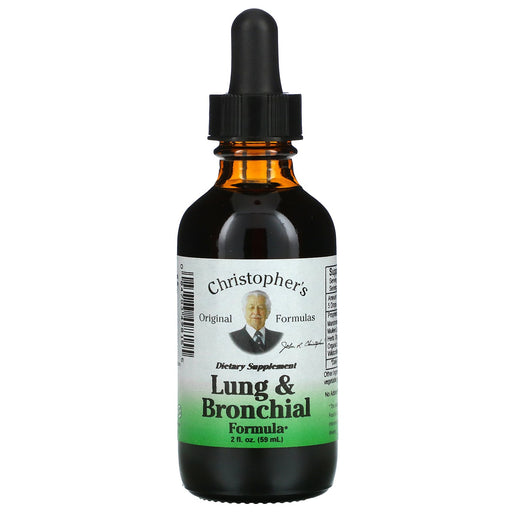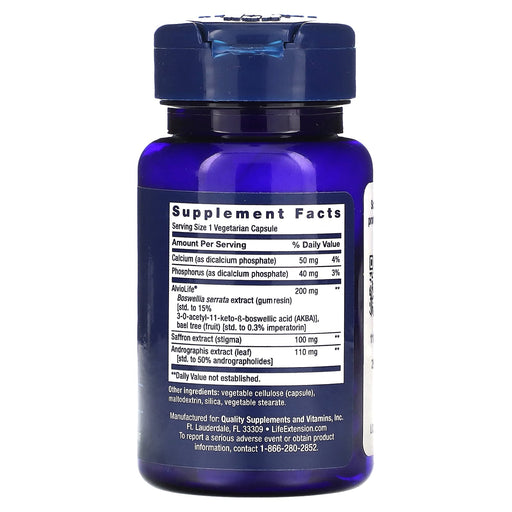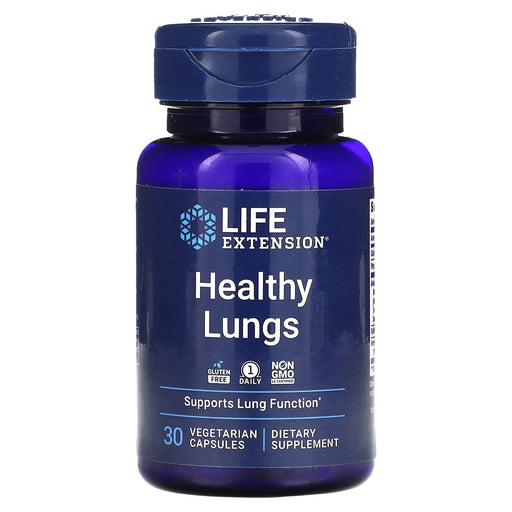
Breathe Easy with Targeted Respiratory Support Supplements
Maintaining healthy respiratory function is essential for overall well-being, as the lungs and respiratory tract play a vital role in delivering oxygen to the body and removing carbon dioxide. Supplements designed to provide targeted respiratory support often include a combination of vitamins, minerals, herbs, and other beneficial compounds that work together to promote clear breathing, lung health, and immune function.
Key Nutrients for Respiratory Health
Respiratory support supplements typically contain a blend of the following key nutrients:
- Vitamin C: This powerful antioxidant vitamin supports immune health and helps protect the lungs from oxidative stress and inflammation. Vitamin C also plays a role in the production of collagen, which is important for maintaining the structural integrity of lung tissue.
- Vitamin D: Adequate vitamin D levels are crucial for immune function and respiratory health. Studies have shown that low vitamin D status is associated with an increased risk of respiratory infections and conditions like asthma and COPD.
- Zinc: This essential mineral is important for immune health and has been shown to help reduce the duration and severity of respiratory infections. Zinc may also help protect lung tissue from oxidative damage and inflammation.
- Quercetin: A flavonoid with potent antioxidant and anti-inflammatory properties, quercetin may help support lung health by reducing inflammation and oxidative stress in the respiratory tract. It may also help stabilize mast cells, reducing the release of histamine and other inflammatory compounds.
- N-Acetyl Cysteine (NAC): NAC is a precursor to glutathione, a powerful antioxidant that helps protect the lungs from damage caused by oxidative stress and inflammation. NAC may also help thin mucus, making it easier to expel from the lungs.
- Magnesium: This essential mineral has been shown to help relax smooth muscle in the airways, promoting clear breathing and reducing the risk of bronchospasm. Magnesium may also help reduce inflammation in the respiratory tract.
Herbal Support for Respiratory Health
In addition to essential vitamins and minerals, many respiratory support supplements include herbal ingredients that have been traditionally used to promote lung health and clear breathing. Some common herbal ingredients found in these supplements include:
- Eucalyptus: Eucalyptus contains compounds like cineole that have been shown to help reduce inflammation and congestion in the respiratory tract, promoting clear breathing and soothing irritated airways.
- Peppermint: Peppermint contains menthol, which has cooling and soothing properties that may help relax smooth muscle in the airways and promote clear breathing.
- Thyme: Thyme has been traditionally used to support respiratory health, as it contains compounds like thymol that have antimicrobial and anti-inflammatory properties.
- Mullein: Mullein has been used for centuries to support lung health and soothe irritated airways. It contains mucilaginous compounds that may help coat and protect the respiratory tract.
- Plantain: Plantain leaf has been traditionally used to support respiratory health, as it contains compounds that may help reduce inflammation and soothe irritated airways.
Benefits of Respiratory Support Supplements
Incorporating a targeted respiratory support supplement into your wellness routine may offer several potential benefits, including:
- Promoting Clear Breathing: Ingredients like eucalyptus, peppermint, and NAC may help reduce inflammation and congestion in the respiratory tract, promoting clear breathing and easier airflow.
- Supporting Lung Health: Antioxidants like vitamin C, quercetin, and NAC help protect lung tissue from oxidative stress and inflammation, supporting overall lung health and function.
- Boosting Immune Function: Vitamin C and vitamin D, along with zinc, play crucial roles in immune health, helping to protect the respiratory system from infections and other challenges.
- Reducing Inflammation: Anti-inflammatory compounds like quercetin and magnesium may help reduce inflammation in the respiratory tract, promoting comfort and ease of breathing.
- Soothing Irritated Airways: Herbs like mullein and plantain may help coat and soothe irritated airways, providing relief from occasional discomfort or irritation.
Choosing the Best Respiratory Support Supplement
When selecting a respiratory support supplement, consider the following factors:
- Quality and Purity: Look for supplements that are manufactured by reputable brands, free from contaminants and artificial additives, and third-party tested for purity and potency.
- Effective Dosages: Choose supplements that provide clinically effective dosages of key nutrients like vitamin C, vitamin D, quercetin, and NAC, based on scientific research and expert recommendations.
- Synergistic Formulas: Opt for supplements that combine multiple respiratory-supportive ingredients for a synergistic effect, addressing various aspects of lung health and function.
- Bioavailability: Consider supplements that use high-quality, bioavailable forms of nutrients, such as quercetin phytosome or chelated minerals, for optimal absorption and utilization by the body.
- Professional Guidance: Consult with a healthcare professional, such as a naturopathic doctor or integrative medicine specialist, to determine the best respiratory support supplement for your individual needs and health status.
Maximizing the Benefits of Respiratory Support Supplements
To get the most out of your respiratory support supplement, consider the following tips:
- Follow Dosage Instructions: Always adhere to the recommended dosage on the product label, and consult with your healthcare provider before starting any new supplement regimen, especially if you have pre-existing health conditions or are taking medications.
- Pair with a Healthy Lifestyle: While supplements can provide valuable support for respiratory health, they should be used in conjunction with a balanced diet rich in fruits, vegetables, and anti-inflammatory foods, regular exercise, and stress management techniques.
- Practice Deep Breathing: Engage in deep breathing exercises or techniques like diaphragmatic breathing or pranayama to help strengthen the lungs, improve oxygenation, and promote relaxation.
- Stay Hydrated: Drinking plenty of water throughout the day helps keep mucus thin and easier to expel, promoting clear breathing and lung function.
- Avoid Lung Irritants: Minimize exposure to lung irritants like air pollution, smoke, and chemical fumes, which can contribute to oxidative stress and inflammation in the respiratory tract.
Breathe Easier and Live Better with Targeted Respiratory Support
If you're looking to support clear breathing, lung health, and overall respiratory function, a targeted supplement that combines essential vitamins, minerals, herbs, and beneficial compounds may be a valuable addition to your wellness routine. By nourishing and protecting your respiratory system, you can help ensure that your body receives the vital oxygen it needs to thrive.
Experience the potential of science-backed respiratory support supplements by exploring our curated selection of high-quality products. With a commitment to purity, efficacy, and your individual needs, Health Orchard is here to support you on your journey toward optimal breathing and lifelong lung vitality.
Frequently Asked Questions about Respiratory Support
1. What supplements are good for respiratory health?
Supplements that may support respiratory health include:
- Vitamin C: An antioxidant that helps protect lung tissue from oxidative stress and supports immune function
- Vitamin D: May reduce inflammation in the airways and support overall lung health
- N-acetylcysteine (NAC): Helps thin mucus and promote lung function
- Omega-3 fatty acids: May help reduce inflammation in the lungs and improve breathing
- Magnesium: May help relax bronchial muscles and improve airflow
Always consult with a healthcare professional before starting any new supplement regimen.
2. Does vitamin C help with respiratory issues?
Yes, vitamin C may help with respiratory issues by:
- Acting as an antioxidant to protect lung tissue from oxidative damage
- Supporting immune function to help fight respiratory infections
- Helping to reduce inflammation in the airways
- Improving symptoms of respiratory conditions, such as bronchitis and asthma
However, it is essential to consult with a healthcare professional to determine the appropriate dosage and whether vitamin C is suitable for your specific respiratory condition.
3. How to support respiratory function?
To support respiratory function, consider the following:
- Eat a balanced diet rich in fruits, vegetables, and whole grains to provide essential nutrients
- Stay hydrated by drinking plenty of water to keep mucus thin and easier to expel
- Exercise regularly to improve lung capacity and overall respiratory health
- Practice deep breathing exercises to strengthen lung muscles and improve airflow
- Avoid smoking and exposure to secondhand smoke or other lung irritants
- Consider supplements such as vitamin C, vitamin D, and N-acetylcysteine (NAC) to support lung health
Always consult with a healthcare professional before making significant changes to your diet or starting a new supplement regimen.
4. What vitamin or herb is good for lungs?
Several vitamins and herbs may support lung health, including:
- Vitamin C: An antioxidant that helps protect lung tissue from oxidative stress and supports immune function
- Vitamin D: May reduce inflammation in the airways and support overall lung health
- Eucalyptus: Contains compounds that may help clear mucus and improve respiratory function
- Peppermint: May help relax bronchial muscles and improve airflow
- Ginger: Has anti-inflammatory properties and may help relieve respiratory symptoms
- Turmeric: Contains curcumin, which has anti-inflammatory and antioxidant properties that may support lung health
Always consult with a healthcare professional before starting any new herbal or vitamin supplement regimen.
5. What vitamin do the lungs need?
The lungs require several vitamins for optimal health and function, including:
- Vitamin C: An antioxidant that helps protect lung tissue from oxidative stress and supports immune function
- Vitamin D: May reduce inflammation in the airways and support overall lung health
- Vitamin E: Another antioxidant that may help protect lung cells from damage
- B vitamins: Support energy production and may help improve breathing function
A balanced diet rich in fruits, vegetables, and whole grains can provide these essential vitamins. However, some individuals may benefit from supplements, particularly if they have a deficiency or specific lung condition. Always consult with a healthcare professional to determine the most appropriate vitamins for your individual needs.












